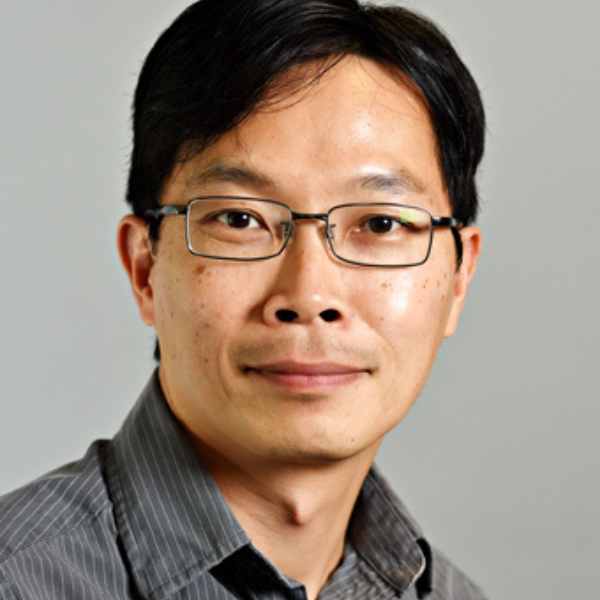Faculty Research Fellow
 Tong Lam’s research utilizes methods of critical infrastructure studies, media studies, and science and technology studies (STS) to examine the politics and poetics of mobilization in China’s special zones in the socialist and postsocialist eras. He also practices research-based visual art to uncover hidden evidence of state- and capital-precipitated violence—both fast and slow—across various contexts. In so doing, he aims to foster a dialogue between his research and creative practices. He is the author of the monograph A Passion for Facts: Social Surveys and the Construction of the Chinese Nation-State, 1900-1949 (Asia-Pacific Modern Series, UC Press, 2011) and Abandoned Futures: A Journey to the Posthuman World (Darlington, UK: Carpet Bombing Culture, 2013), a photo-essay book. His research-based visual projects have been exhibited internationally.
Tong Lam’s research utilizes methods of critical infrastructure studies, media studies, and science and technology studies (STS) to examine the politics and poetics of mobilization in China’s special zones in the socialist and postsocialist eras. He also practices research-based visual art to uncover hidden evidence of state- and capital-precipitated violence—both fast and slow—across various contexts. In so doing, he aims to foster a dialogue between his research and creative practices. He is the author of the monograph A Passion for Facts: Social Surveys and the Construction of the Chinese Nation-State, 1900-1949 (Asia-Pacific Modern Series, UC Press, 2011) and Abandoned Futures: A Journey to the Posthuman World (Darlington, UK: Carpet Bombing Culture, 2013), a photo-essay book. His research-based visual projects have been exhibited internationally.
Fellowship Project: Secrecy as Spectacle: Dust, Sand, and Cloud in China’s Atomic Age
My monograph explores the history of China’s nuclear secret cities from their inception to early 1970s, a crucial phase of China’s involvement in the global Cold War nuclear arms race. The underground, both in its physical and figurative senses, played a pivotal role in the everyday life of these exceptional spaces designated for uranium extraction and enrichment, research and development, and bomb testing. As these underground cities underwent transformation themselves, they also transformed the human and nonhuman worlds aboveground, with profound and lasting consequences. Built on my research, I will also employ lens-based methods to document the afterlives of these national sacrifice zones, including selected nonnuclear secret cities in China, the former Soviet Union, and the US from the Cold War period.


